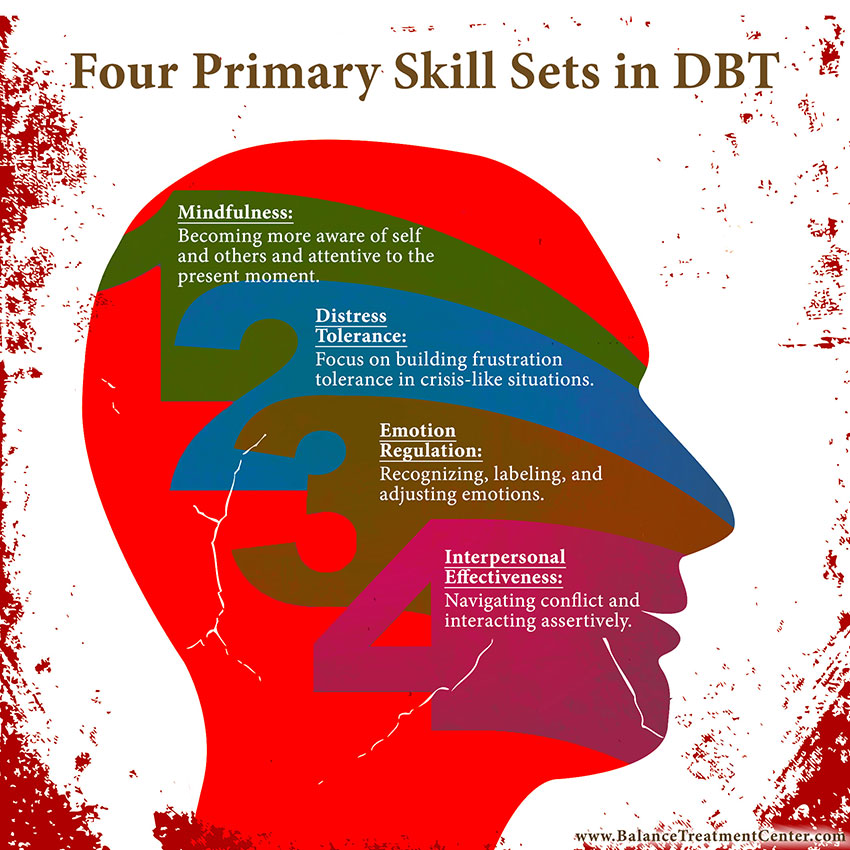OBSESSED WITH A BORDERLINE: A Matter of Attraction and Revulsion
http://gettinbetter.com/obsessed.html
By Shari Schreiber, M.A.
Whether you're presently involved with a borderline disordered individual or you've finally stepped away from one, you've been struggling with wanting someone who has caused you great harm. It seems that regardless of what they've put you through, you just can't get them out of your head or move completely beyond the longing you still feel, which triggers fantasies about having them back! Don't worry, you're not going crazy--you're just hurting, and needing it to stop.
You may be obsessing about what he or she's feeling or doing, whom they're dating/sleeping with, and wondering if they're thinking at all about you. Your feelings of shame and emptiness are so unbearable, that it's easier to divert your focus to him/her, rather than sitting with the painful emotions you have to feel in their absence. What's happened is, you're busy living inside their life instead of yours--and as much as you need them to return, you could be fearing it as well.
...
Yearning for someone who's made you feel bad about yourself confuses and confounds your rational mind, so let's begin understanding how and why you could want somebody who's brought so much pain and destruction into your world. Confusion feeds chaos. You're just looking for a way out of it.
Whether you've loved a Borderline or not, it's human nature to try and figure out troubling/perplexing issues associated with someone's weird or aberrant behaviors--or nobody'd be making those chilling/creepy movies about Charles Manson, or anybody else who's displayed psychotic or sociopathic traits! The fact that we can't relate to these folks makes them fascinating puzzles that we keep wanting to figure out, because they don't fit with our definition of "normal."
Several clients have said that their 'most recent' Borderline wasn't someone they'd necessarily seen as the most beautiful or brilliant in their dating history~ yet their obsession with this one, has them trapped in maddening confusion. This is our clue about childhood experiences which created an early template of sorts, that's uncannily being replicated within this present-day dynamic.
Every child is in love with their parents. They see the parent as a god, who's entrusted with their care and protection. When this 'god' is rejecting, critical or abusive, it's painful, frightening and confusing to a small child, which forces him to split off the dangerous, injurious parts of his mother or father in order to remain attached. You acquired this survival tool as a kid, and it's still in place for you~ but it works against you as an adult.
A child doesn't automatically stop loving his/her parent, when they act in crazy or cruel ways! What he or she does instead, is compartmentalize or box-up those bad behaviors and divorce them from the parent, so they can remain in-love so to speak, with Mom or Dad. This is exactly what you've done with your BPD lover, and it's made you deny and invalidate some very important personal feelings and perceptions.
The opposite of Love, is not Hate . . . it's Indifference.
...
Instinct and intuition are our built-in survival guides, which are with us from the time we're born--but if we've grown up in an environment that's chaotic or conflictual, or we've survived criticism and abuse from a parent, we had to start managing excruciating emotions about that, by making them "not matter" or locking them away. Discarding various feelings early in life, leaves us with inner emptiness and deadness, where feelings are supposed to reside. We crave a sense of aliveness, but we're unable to access it for ourselves, because literally half of our emotional repertoire has been abolished since we were very young children~ which is why roller-coaster relationships are so darned appealing!
The Borderline reawakens intensely positive and negative emotions--but one thing we're certain of, is that we're Feeling~ which relieves our inner sense of deadness or emptiness. Dead people don't feel pain~ so in some way, we welcome it.
...
Borderlines are initially captivating, enchanting and irresistible. Even if we think that he/she is out of our league, they relentlessly pursue us to where we begin to accept that they find us worthy of their attention/affection, and start trusting that it'll be safe for us to let down our guard, and love them. I hate to say this, but that's precisely when your troubling experiences start to occur.
Borderlines are intoxicated by The Chase--not the capture. The moment they sense you're hopelessly hooked, they lose interest, and their distancing and acting-out behaviors begin. By now, you're emotionally invested, and you're in far too deep to walk away. Even if their positive traits are overshadowed by hurtful negative ones, you keep fantasizing that if you try a little harder, things will work out--but they won't. You feel toxic shame left over from childhood when you fail with them, which makes you feverishly attempt to redeem yourself in their eyes, but this is a pointless exercise that keeps you tortured (albeit stimulated).
...
When you're apart, you feel adrift, guilty, empty and unable to focus. Even if you're the one who's walked away, you doubt your decision, because it feels so lousy being apart from him/her! You probably grew up presuming that 'right' choices brought good and favorable feelings, but this is a false belief. Right choices are typically the hardest to make, because they force us to adhere to our true convictions, which develops character and integrity. These key aspects of our emotional growth aren't about doing the 'easy' stuff--if they were, everybody'd be doing it!
...
Both Borderlines and the people attracted to them, incurred similar types of wounds to their developing sense of Self, and isn't it simply natural to be drawn to someone with whom you have things in common, or who echoes personality aspects in yourself? Well, this coupling is a lot like that--it feels as if you've found your 'soul mate.' There's a similar vibration/frequency you two share, due to childhood abandonment issues. While the nature of those early difficulties were alike, they've played out in different ways for each of you. You've compensated for self-worth injuries and insecurities by becoming a people-pleaser and super-giver. The Borderline has compensated for insecurities by being a seducer, super-user~ but the scars from that early time in life remain.
This hurts as horribly as it does, because you have been here before! You've become adept at putting your childhood agony "behind" you, presuming it would stay dead and buried. The BPD lover simply excavates all that ancient trauma to your sense of Self, but it's repairable. Now is your opportunity to finally Heal.






